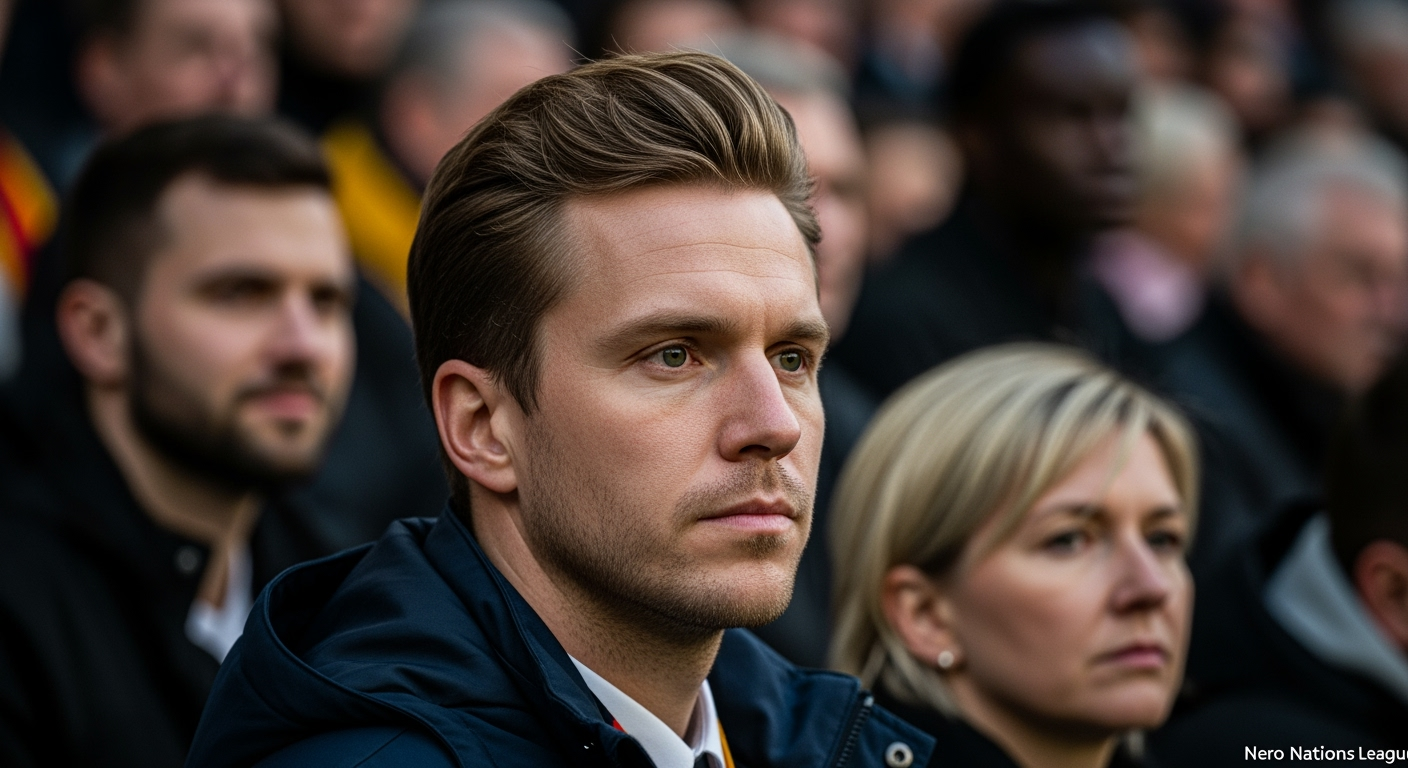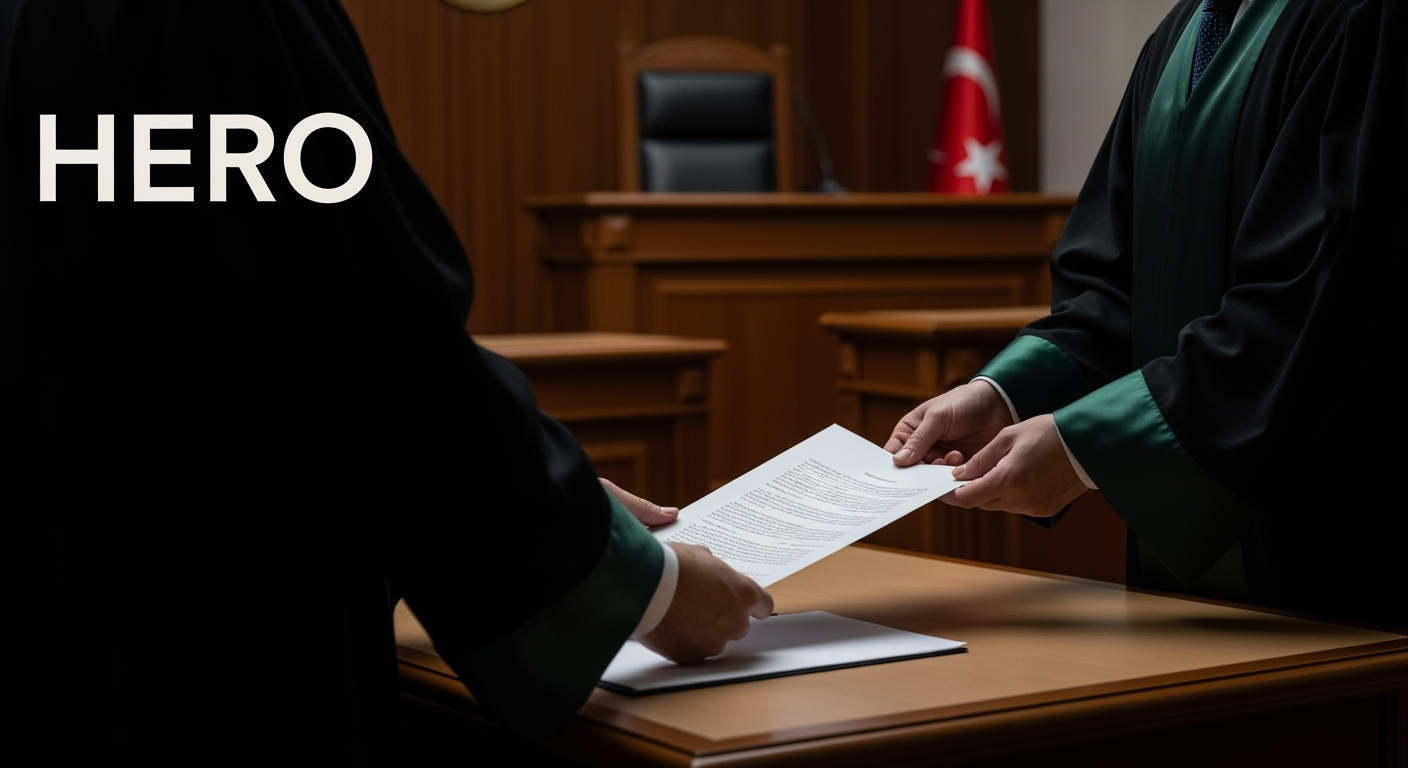Related Articles

U.S. Pushes for Rapid International Force Deployment in Gaza Amid Ceasefire Efforts




ANKARA, Turkey – A Turkish court on Friday dismissed a pivotal legal challenge aimed at nullifying the main opposition Republican People's Party (CHP)'s 2023 internal election, a ruling that brings immediate relief to the party's current leadership but leaves a cloud of broader corruption allegations hanging over opposition ranks. The decision, delivered in Ankara, rejected claims of electoral fraud and vote-buying within the CHP's 38th congress, which saw Özgür Özel ascend to the party chairmanship, replacing long-time leader Kemal Kılıçdaroğlu. The court's pronouncement that the accusations lacked a legal basis was met with applause in the courtroom, but the wider political landscape remains charged with ongoing investigations targeting numerous opposition figures.
The ruling emerges against a backdrop of intensified legal pressure on the CHP, a party that made significant gains in last year's local elections. Critics contend that a series of corruption probes and arrests targeting opposition-controlled municipalities are politically motivated attempts to weaken President Recep Tayyip Erdoğan's challengers ahead of future elections. The government, conversely, maintains that its judiciary operates impartially and that investigations are solely focused on combating corruption.
The case at the Ankara 42nd Civil Court of First Instance centered on allegations of electoral fraud and procedural violations during the CHP's November 2023 congress. The lawsuit sought to annul the congress, a move that could have destabilized the party by potentially invalidating Özgür Özel's chairmanship and paving the way for a court-appointed "trustee chairman" or a return of his predecessor. The plaintiffs, reportedly a faction within the CHP that lost the leadership elections, claimed irregularities including vote-buying.
However, the court ultimately found these accusations to be without merit. The judge declared the case "moot" and ruled that the allegations "had no basis," asserting there was no legal justification to remove the current leadership. This decision solidifies Özel's position at the helm of Turkey's largest opposition party, allowing the CHP to focus on its political agenda rather than internal legal battles. Party officials had consistently denied the fraud accusations, insisting the congress was conducted according to proper procedures and describing the legal action as a politically motivated attempt to exert judicial pressure. A lawyer for the plaintiffs, Onur Yusuf Uregen, expressed surprise at the dismissal and pledged to appeal the ruling.
The dismissed case was widely perceived by many, including the CHP itself, as a component of a broader government effort to undermine the opposition through the judiciary. The CHP leadership has consistently portrayed such legal actions as attempts by the ruling Justice and Development Party (AKP) to create internal divisions and divert attention from the government's own challenges. The perceived political motivation behind these cases has fueled concerns about the independence of Turkey's judicial system, a recurring point of contention in both domestic and international discourse.
The timing of these legal challenges is also noteworthy. The CHP experienced significant successes in last year's local elections, securing mayoralties in key cities like Istanbul and Ankara, traditionally strongholds of the AKP. This electoral performance invigorated the opposition and presented a formidable challenge to President Erdoğan's long-standing dominance. Consequently, any legal action that could destabilize or weaken the CHP's leadership is viewed with suspicion by opposition supporters and analysts alike, who interpret it as a tactic to neutralize political adversaries.
While the internal election case against the CHP's leadership was dismissed, it is crucial to place it within the context of a wider array of corruption allegations and legal proceedings targeting the opposition, particularly at the municipal level. Over the past year, CHP-controlled municipalities have faced numerous arrests and investigations, with dozens of officials and more than a dozen mayors detained on charges ranging from bribery and bid manipulation to fraud and membership in criminal organizations.
Prominent among these cases is that of Istanbul Mayor Ekrem İmamoğlu, a highly visible figure seen by many as a strong potential challenger to President Erdoğan in future presidential elections. İmamoğlu remains in pre-trial custody on corruption charges, which he vehemently denies. His arrest in March triggered widespread protests, underscoring the deep political polarization surrounding these legal battles. Critics of the government argue that these investigations are a deliberate attempt to sideline successful opposition figures and clear the path for the ruling party to maintain power.
The CHP has consistently rejected the corruption allegations against its officials, characterizing them as "political operations" and "baseless slanders." They assert that these legal actions represent a misuse of the justice system to suppress dissent and cripple effective electoral competition.
The Turkish government has consistently defended the integrity of its judicial system, asserting that courts are independent, impartial, and free from political interference. According to this official stance, all investigations are legitimate efforts to combat corruption and uphold the rule of law, regardless of the political affiliation of those involved.
However, this narrative faces considerable skepticism from domestic and international observers. Concerns about the erosion of judicial independence in Turkey have been voiced by various human rights organizations, the United Nations, and the European Court of Human Rights (ECtHR). Reports highlight systemic issues such as arbitrary removals of judges and prosecutors, mass purges, and the prosecution of legal professionals on politically motivated charges, particularly in the aftermath of the 2016 coup attempt. These bodies often point to a pattern where judicial processes are allegedly instrumentalized to suppress dissent and target specific groups, fundamentally undermining the rule of law. For instance, the ECtHR has identified numerous violations of fair trial rights in Turkey, reaffirming concerns about judicial impartiality.
Historically, allegations of corruption have also plagued the ruling party. A significant corruption scandal in 2013 implicated several high-ranking government officials and their families. Opposition lawmakers have, in the past, expressed intentions to reopen these investigations, suggesting that those probes were curtailed for political reasons. These historical episodes further complicate the current debate over the impartiality of anti-corruption efforts.
The dismissal of the corruption case challenging the CHP's internal election offers a temporary reprieve for Turkey's main opposition party, affirming Özgür Özel's leadership and allowing the party to consolidate its position. However, this ruling does not signal an end to the intense legal pressures on the opposition. The numerous ongoing corruption investigations and arrests targeting CHP mayors and officials, including a prominent figure like Ekrem İmamoğlu, underscore the persistent tension between the government's anti-corruption rhetoric and the opposition's claims of political persecution.
The future of Turkey's political landscape remains intrinsically linked to the perceived fairness and independence of its judiciary. As the country moves towards upcoming elections, the outcomes of these legal battles will not only shape the fates of individual politicians but also critically test the health of democratic governance and the rule of law in Turkey.